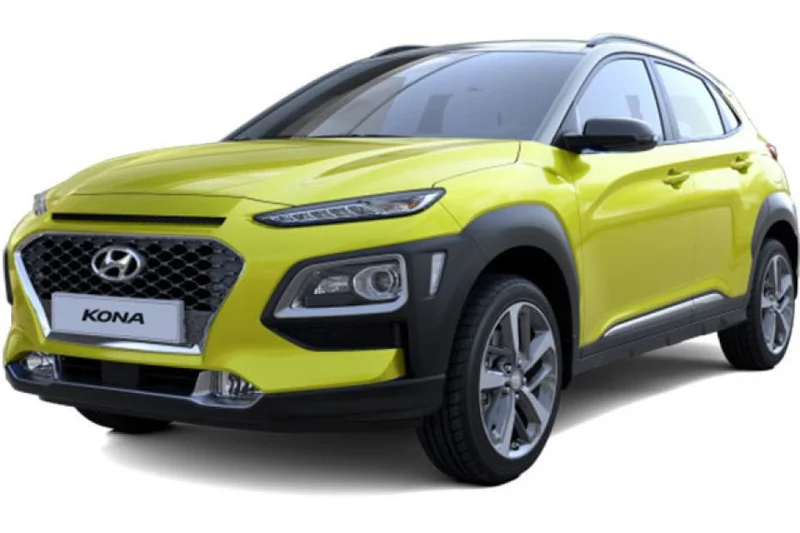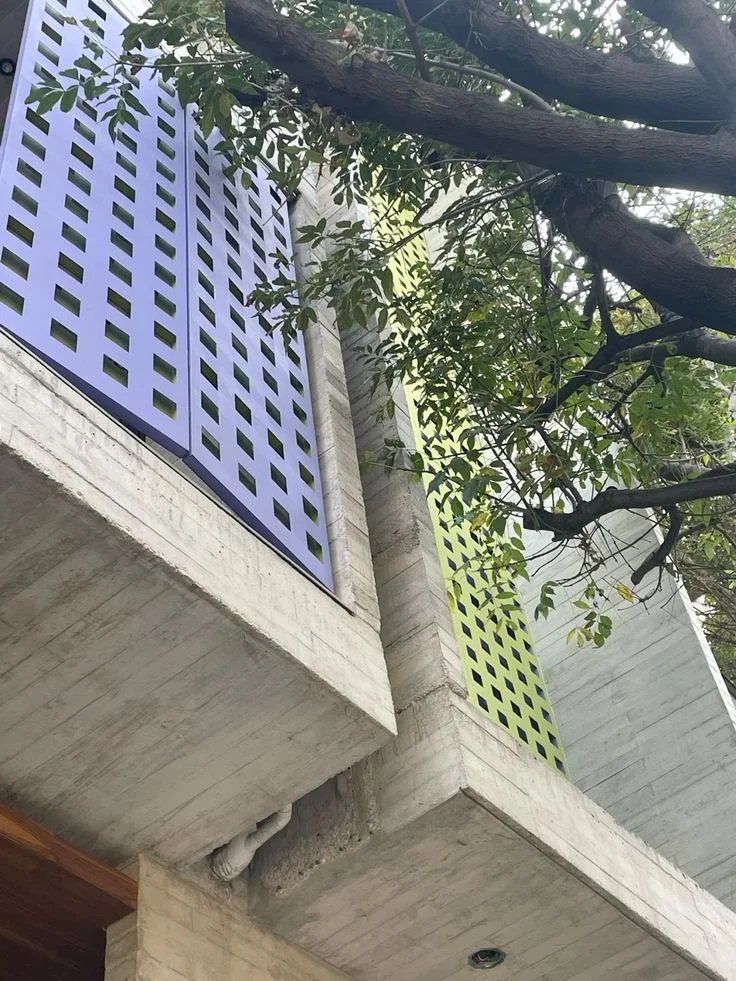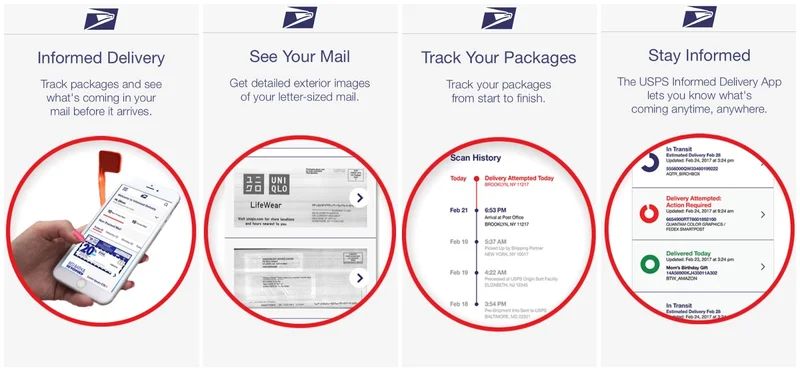Hyundai's Labor Practices: California's Ban Attempt and Consumer Concerns
The Hidden Costs of "Innovation": Hyundai's Tightening Grip
Hyundai's been making headlines lately, and not all of it's the kind you see in car commercials. We're talking about a cluster of issues that, taken together, paint a picture of a company pushing boundaries—but maybe in the wrong direction. Let's break down what's happening, and what the data (or lack thereof) suggests.
Paywalls and "Right to Repair"
First, there's the brake pad situation. A Reddit user ([SoultronicPear]) found themselves locked out of a simple DIY repair on their Ioniq 5N because Hyundai is paywalling access to electronic parking brake controls. This isn't just a matter of inconvenience; it's a direct challenge to the "right to repair" movement. Hyundai Paywalls Brake Pad Changes
The user shelled out for a $60/week subscription (that's $3,120 annually) and a $2,000 interface tool, only to have their account suspended because it wasn't intended for DIYers. This raises a critical question: are manufacturers intentionally making repairs more difficult to drive revenue to their service departments? The anecdotal evidence suggests yes, but hard data on the revenue split between vehicle sales and service is surprisingly scarce. (I've looked for this data in SEC filings for years; it's often buried or obfuscated.)
After attempting to use third party tools, the user found a Harbor Freight T7 bidirectional scan tool was able to issue the parking brake retract command to perform the pad swap, albeit not without throwing some error codes in the process.
Labor Practices: A Supply Chain Under Scrutiny
Then there's the lawsuit alleging Hyundai and Kia are exploiting child labor, immigrant labor, and even prison labor in their supply chains. The lawsuit, filed by Jobs to Move America, claims these practices give Hyundai an unfair advantage, allowing them to undercut competitors and secure public contracts. Labor lawsuit says O.C.-based Hyundai, Kia are exploiting children, immigrants, inmates
The allegations are serious: unsafe workplaces, injuries, deaths, and paying immigrants less than U.S. citizens for the same work. One former employee even claimed there was no training and that they were told to "get on the line, figure it out, and get them consoles out the door."
Hyundai denies these allegations, stating they "prioritize the safety and well-being of our workforce above all else." They also claim to be compliant with all regulations and require their suppliers to adhere to strict standards. But the lawsuit seeks an independent audit of Hyundai's supply chain in Alabama and Georgia, which suggests the plaintiffs have reason to doubt Hyundai's claims.

It's important to note that the Hyundai Motor Group Metaplant America (HMGMA), an electric vehicle manufacturing plant in Bryan County, is not named in the lawsuit, though Hyundai Motor Company is its parent company.
G20 Summit: A Facade of Sustainability?
On the surface, Hyundai's role as the official vehicle provider for the G20 Leaders' Summit in Johannesburg seems like a positive step. They're providing 30 STARIA MPVs for delegation staff, supporting the summit's operation. The theme of the summit is "Solidarity, Equality, Sustainability." But is this just greenwashing (or, in this case, "blue-washing," given Hyundai's corporate color)?
How can Hyundai present itself as a champion of sustainability on the world stage when its supply chain is allegedly built on exploited labor? The discrepancy is jarring.
The Price of Progress?
Hyundai is investing heavily in electrification and expanding its U.S. operations, promising to create 25,000 new jobs as part of a $26 billion investment. They also employ 4,500 people directly in Alabama and support an additional 18,000 jobs, generating more than $2.4 billion in private disposable income each year. At their new plant in Georgia, they have committed to employing 8,500 workers by 2031 – creating an estimated 40,000 direct and indirect jobs across the State.
But what's the real cost of this growth? If the allegations of labor exploitation are true, Hyundai's success is built on a foundation of human suffering. And if they're actively hindering DIY repairs, they're squeezing consumers for every last dollar.
The data we don't have is just as important as the data we do. We need transparency into Hyundai's supply chain, detailed breakdowns of their revenue streams, and a clear commitment to fair labor practices and consumer rights. Until then, Hyundai's "innovation" comes with a big asterisk.
Is Hyundai's "Value" Worth the Cost?
Related Articles
Starlink Satellite Count: What's Orbiting and Falling?
Title: Starlink's "Falling Satellites" Are Actually Rising Opportunities Okay, let's be real for a s...
The Aster Name is a Mess: A breakdown of the flower, the crypto, and the weird-ass movies
Forget Crypto, My New Investment is a Six-Inch Weed Called 'Snow Flurry' So, I’m scrolling through m...
Mexico City: What's Going On?
Mexico City Can't See the Stars? Sounds About Right. Alright, let's get this straight. Mexico City c...
Dow Jones' Tech Sell-Off: What Happened and What We Know
Cookie Apocalypse? More Like a Personalized Renaissance! Okay, tech world, let's talk cookies. Not t...
China's Aircraft Carrier: Challenging US Dominance in the Pacific?
China's Fujian Carrier: Not Just a Ship, But a Statement of Intent This month, China launched its th...
USPS Launches Informed Delivery App: A Sign of Government Innovation as FEMA Halts Preparedness Grants
The Last Mile, Digitized: Why the New USPS App is More Than Just Package Tracking There's a strange,...





